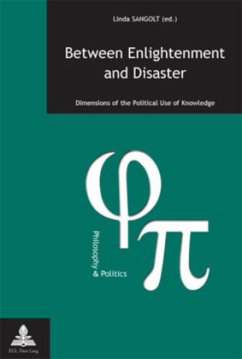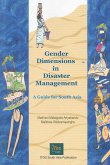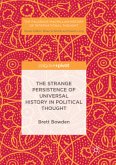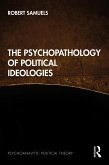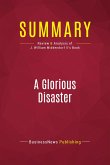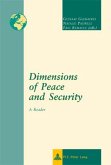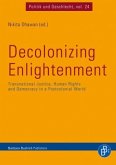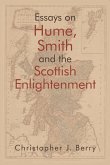Modern politics is highly science-dependent and knowledge-driven. What is the rightful role of expert knowledge in political life? How can the truth claims of science be reconciled with principles of democratic control and lay participatory rights in decision-making?
This collection of essays by political scientists, sociologists and economists from Germany, France and Norway provides different empirical and theoretical analyses of the complex organising and legitimising power of knowledge in political governance. The authors shed light on key dimensions and dilemmas that have shaped the world-changing interrelations between politics, social institutions and scientific knowledge in the past century.
The contributions cover issue-areas and policy-fields such as population control, health economics, ICTs and higher education reform, and the politics of productivity and economic pre-eminence.
This collection of essays by political scientists, sociologists and economists from Germany, France and Norway provides different empirical and theoretical analyses of the complex organising and legitimising power of knowledge in political governance. The authors shed light on key dimensions and dilemmas that have shaped the world-changing interrelations between politics, social institutions and scientific knowledge in the past century.
The contributions cover issue-areas and policy-fields such as population control, health economics, ICTs and higher education reform, and the politics of productivity and economic pre-eminence.

